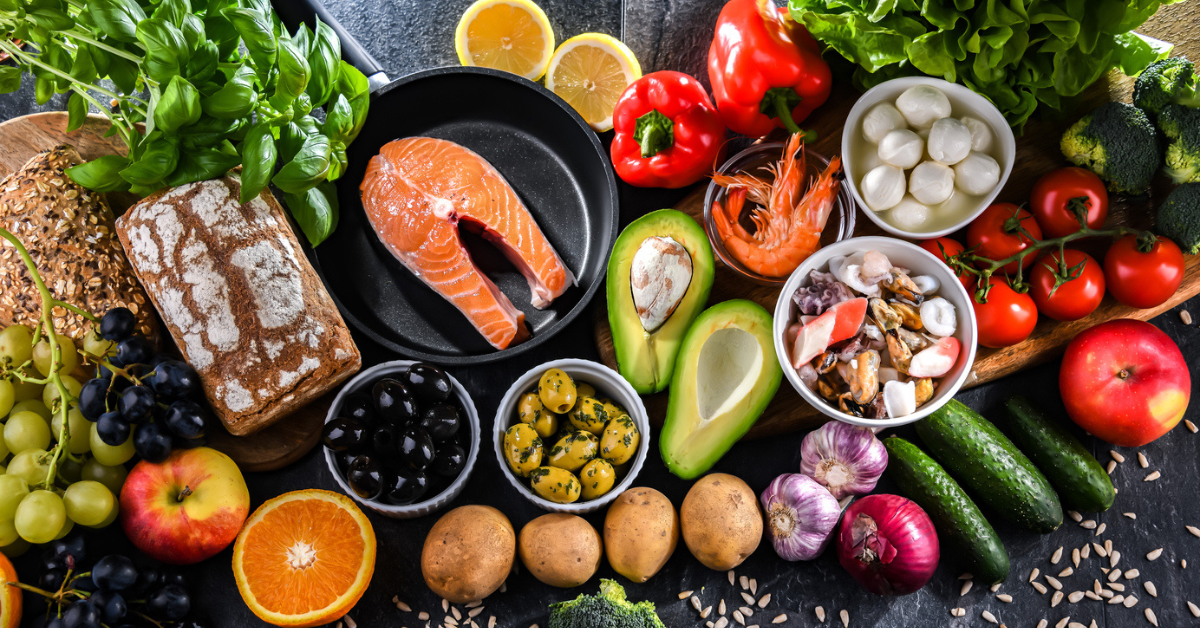If you’ve been told you have high cholesterol after routine bloodwork, you’re not alone. An estimated 86 million U.S. adults aged 20 or older have high cholesterol, according to the Centers for Disease Control and Prevention.
Ideally, your LDL levels — often referred to as “bad cholesterol” — should be around 100.
If you have too much bad cholesterol in your body, it can lead to plaque build-up in your arteries and eventually heart disease or strokes. What you eat can help or hurt. Often foods that are high in cholesterol can be sneaky.
“My patients often tell me they don’t eat anything bad,” says Crystal Connors, nurse practitioner at Tidelands Health Family Medicine at Murrells Inlet. “But there are certain foods, like cheese, that will get you every single time.”
Other foods that can increase bad cholesterol include fried foods, red meats or processed meats like bacon, full-fat dairy items and even some oils, such as coconut and palm oil.
Avoiding foods that contain a lot of saturated fats is the proven way to manage your cholesterol. According to the American Heart Association, you should aim to get less than six percent of your daily calories from saturated fats, or around 13 grams for someone consuming 2,000 calories a day.
Connors recommends that patients follow the Mediterranean diet, which emphasizes plant-based foods and healthy fats. While you want to avoid bad cholesterol, there’s also good cholesterol — HDL — that can help prevent cardiac events.
Foods such as fish and nuts are packed with good cholesterol. Using extra virgin olive oil rather than butter also is a great way to get good cholesterol into your diet, Connors says.
Other foods that support a low-cholesterol diet:
- Plants with high water content, such as spinach and celery
- Beans, broccoli, sweet potatoes and other high-fiber foods
- Whole grains
- Fruits and berries
Cutting out cheese or other foods you enjoy entirely shouldn’t be the goal. That can quickly become overwhelming. Instead, focus on making small changes you’ll stick to.
“You need to be patient with yourself. Eating things in moderation is better than doing nothing,” Connors says. “Consistency is key.”
If you are struggling with managing your cholesterol, schedule an appointment with a Tidelands Health registered dietitian or with a family medicine provider by calling 1-866-TIDELANDS.
